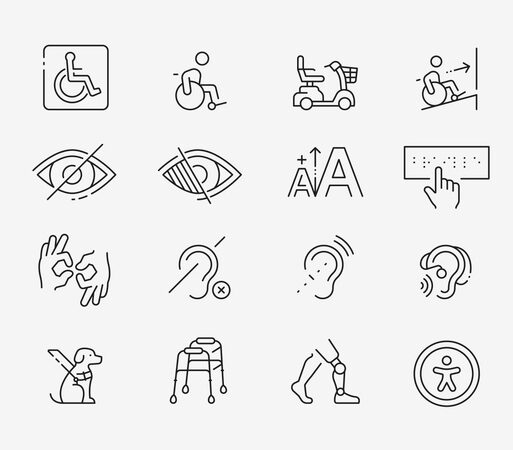Does a positive attitude play a role in your life? By middle age, many adults start thinking about how their golden years will play out. Will they travel, enjoy grandchildren, start a new business venture or will the final chapter be one of inevitable physical and cognitive decline?
According to Ladders News, a recent study out of Oregon State University has found that mindset has everything to do with how gracefully we age, and by cultivating a vision of a vital and active older age, younger adults with a positive attitude on aging can influence their longevity and live an average of 7.5 years longer.
Past generations, with shorter lifespans and fewer medical advances, may have viewed old age as a sharp fall off a steep cliff. But older adults today are not only living longer and in greater health, with changing attitudes about life past 65 and well beyond, but many seniors are also living their best and most exciting period of life. How adults in their 50s perceive themselves is strongly correlated with how they will experience life 20, 30 or even 40 years later.
Optimism is like a muscle that must be used often to grow stronger, and how we think about ourselves in middle and older age can have a positive or negative effect on both our mental and physical well being. People who are confident in their abilities are more likely to become the active older adults they envision for themselves. But those who think they are less able, less mentally sharp, or less useful will more frequently fulfill their own prophecy.
By thinking in hopeful terms about old age and by being active, having a strong social community, and staying healthy, older adults are able to influence their own outcomes. Rather than focusing on worries about sickness, isolation or being a burden on others, creating a positive mindset about aging can actually help create that future reality. If one thinks they will be cross-country skiing at 70, they are more likely to keep it up throughout their 50s and 60s and take part in other habits that support a healthy lifestyle.
The takeaway? Even if there are a few aches and pains first thing in the morning, by turning the mind to the positive aspects of the day, middle aged and older adults are able to take part in more joyful activities that lead to a happier retirement and beyond. Bungee jumping may not be on the agenda any time soon, but every positive action to be physically active, socially engaged, cognitively challenged and making other healthy choices can lead to a more vital and meaningful older age.
To learn more, follow this link to the full study, published in the International Journal of Aging and Human Development.






Add Your Voice
0 Comments
Join the Discussion